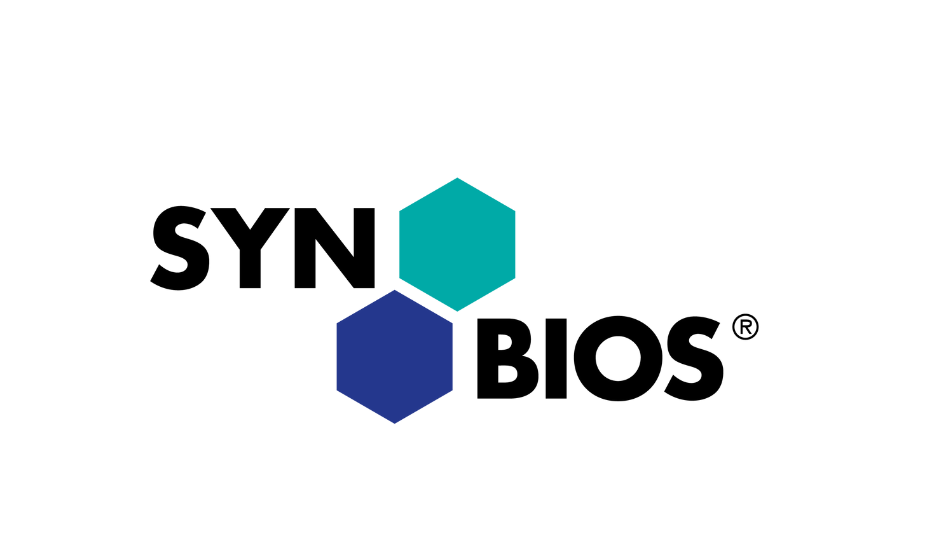MRSL and RSL are terms used regarding managing restricted substances during the manufacturing process and finished products. Both are often used as chemical checklists to support product safety and chemical management activities for your business.
However, there is often some misunderstanding and confusion between MRSL and RSL and when to use a RSL or MRSL.
Whilst lists (MRSL and RSL) can contain similar chemicals, there are distinct differences between RSL and MRSL, which are explained in this article below.
Manufacturing Restricted Substances List (MRSL)
MRSL stands for Manufacturing Restricted Substance List and provides brands, retailers, suppliers and manufacturers with acceptable limits of restricted substances, in chemical formulations which are used in the manufacture of materials compliance.
An MRSL is used as a tool, to regulate the chemical formulations used to process raw materials that go into finished products. The regulation of chemical formulations upstream, through an MRSL, protects workers, consumers, and the environment. Adhering to an MRSL can also protect brands and retailers from any potential negative publicity on product safety.
MRSL Testing of Chemical Formulations Used in Manufacture
MRSL testing analyses the chemical formulations which are used to manufacture raw materials that go into the production of consumer goods. MRSL testing quantifies the amount of each restricted substance on the MRSL that is present in a single chemical formulation.
Eurofins | BLC has developed a range of methods for full MRSL testing of chemical formulations. These methods are based on ISO or equivalent standards. Eurofins | BLC offers fully validated methods to quantify all 146 MRSL listed chemicals. MRSL testing is often carried out by brands, retailers and manufacturers as part of a structured due diligence testing programme, which is available as part of the Eurofins | BLC Chem-MAP® Programme.
View more information on MRSL testing on the Eurofins | BLC Chem-MAP® Programme.
Restricted Substances List for Finished Products (RSL)
RSL stands for Restricted Substances List and is often used as a chemical checklist when testing finished products for the presence of restricted substances. An RSL does not have any involvement with the manufacturing process and only applies to finished articles and materials. As such, it may be referred to as a PRSL (Product Restricted Substance List).
An RSL is used as a tool to aid regulatory compliance to product safety standards such as REACH, CPSIA, California Proposition 65, Guo Bio Standards and so on.
Finished products should undergo chemical testing as part of a structured due diligence testing programme to ensure compliance with regulations and the brand/retailers RSL.
Eurofins | BLC carry out chemical testing for RSL and additional chemical testing as required. Chem-MAP® can support your business in the development of an RSL and MRSL testing programme which is carried out at our ISO 17025 accredited chemical testing laboratory, which holds accreditations from UKAS, ILAC, and CPSC. We also provide regulatory advice, support for chemical testing failures and chemical management solutions to support your business.
Begin your route to responsible chemistry with Chem-MAP®. Chem-MAP® is a ZDHC approved MRSL verification system which is fully aligned with ZDHC objectives and can provide ZDHC Conformance Level 1 and 3.
View Chem-MAP®’s MRSL Testing Page to see the packages that Chem-MAP® offers for MRSL Testing. Also see MRSL Testing benefits for your company for more information.
Chem-MAP® is the future of chemical management in leather, textile and synthetic materials supply chains.
Reducing Risk, Increasing Confidence
Get Started. Contact Chem-MAP® Today. Speak to a Chem-MAP® expert at BLC on +44 (0) 1604 679 999 or email info@chem-map.com

Eurofins | Chem-MAP is proud to announce that Syn-Bios S.p.A has successfully maintained its ZDHC Level 3 status under the latest ZDHC MRSL V3.1 guidelines. This milestone was accomplished in full compliance with Eurofins | Chem-MAP Protocol 5.0 and the latest ZDHC conformity guidelines. “Syn-Bios S.p.A has been a trusted...
Published 13th October 2025 Read more
